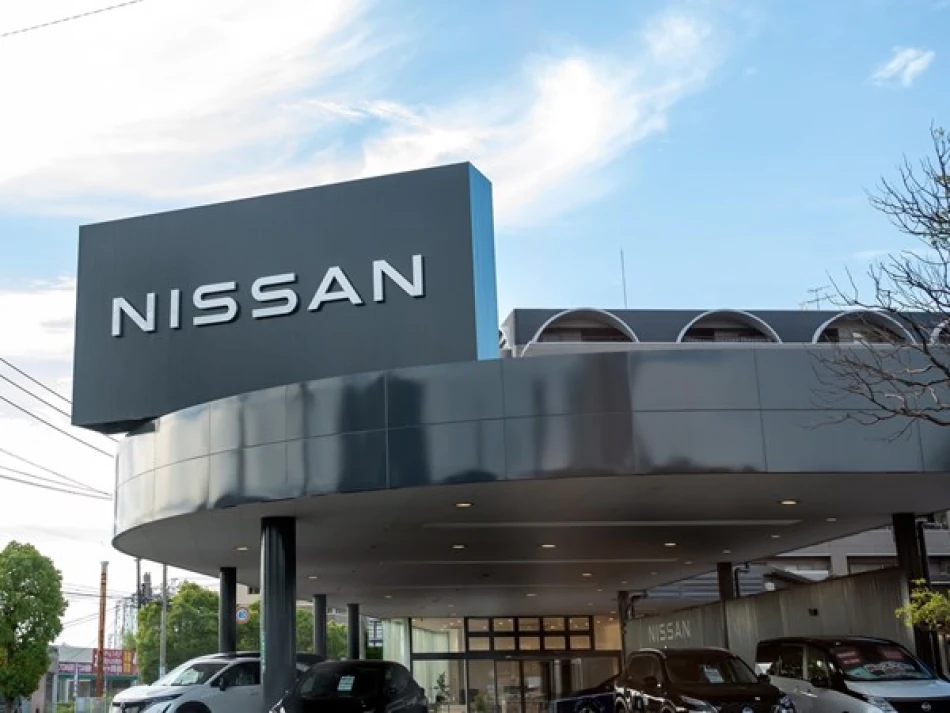
Nissan Pioneers Cutting-Edge Self-Driving Technology for the Future of Automotive Innovation
Nissan Bets Big on Urban Self-Driving Tech as Company Fights for Survival
Nissan Motor is pushing ahead with ambitious autonomous driving technology set to hit markets by 2027, as Japan's struggling automaker desperately seeks a lifeline in the cutthroat global car industry. The new system can handle complex city driving—a major step up from highway-only automation that marks Nissan's bid to stay relevant in a $2 trillion race dominated by tech giants and healthier rivals.
City Streets: The New Frontier
Nissan's latest demo in Tokyo shows just how far the technology has come. Their Ariya SUV now packs 11 cameras, 5 radar units, and next-generation LiDAR sensors that let it navigate busy city streets, stop at red lights, and yield to pedestrians and other cars at intersections.
This is a big jump from Nissan's previous system, which only worked on highways where lane markings are clear and traffic flows predictably. Urban driving is much harder—you've got jaywalkers, delivery trucks double-parked, and split-second decisions that can make or break the technology.
Why This Matters for Nissan
The timing isn't coincidental. Nissan is in serious trouble. The company just posted losses in the first quarter ending June 30, following major losses in the previous fiscal year. They've cut jobs and brought in new CEO Ivan Espinoza to try turning things around.
For a company that makes the compact March, the electric Leaf, and luxury Infiniti brand, autonomous driving represents one of the few growth areas where they might still compete with bigger players.
The Competition is Fierce
Here's the thing—Nissan is late to this party. Toyota, Japan's biggest automaker, already partnered with Google's Waymo, which has been testing robotaxis in Japan. That's significant because Waymo has actual commercial operations running in the US, giving Toyota access to proven technology.
Honda, General Motors, and Mercedes-Benz are all working on similar systems. But the real threat comes from outside the car industry entirely. Amazon's Zoox subsidiary is building purpose-made autonomous vehicles, while Tesla continues pushing its Full Self-Driving system despite regulatory scrutiny.
Market Reality Check
Industry research firm Industry ARC projects the autonomous vehicle market will hit $2 trillion by 2030. That's driven by advances in AI, sensor technology, and data processing power. But here's what the projections don't capture—most of that value will go to companies that can actually deploy the technology safely and at scale.
Waymo operates commercial robotaxi services in Phoenix and San Francisco. China's Baidu runs autonomous taxis in multiple cities. Nissan, meanwhile, is still three years away from launching their city-driving system.
Japan's Broader Auto Crisis
Nissan's push comes as Japan's entire auto sector faces pressure from Trump-era tariffs and shifting global trade patterns. Japanese automakers built their success on efficient manufacturing and reliable vehicles, but the industry is now defined by software, batteries, and AI—areas where tech companies often have advantages.
The company's financial struggles reflect this broader shift. While Tesla and Chinese EV makers grab headlines with new features and aggressive pricing, traditional automakers like Nissan find themselves caught between declining profits on conventional cars and massive investments needed for electric and autonomous vehicles.
What Success Looks Like
For Nissan, success means more than just launching the technology in 2027. They need to prove their system works better than competitors, costs less to produce, and can be manufactured at scale. Given their financial constraints, they probably get one shot at this.
The urban driving capability could differentiate Nissan if it works reliably. Most current systems still struggle with complex city scenarios. But by 2027, the competitive landscape will look completely different. Companies that seem behind today might leapfrog with better technology, while current leaders could stumble with safety issues or regulatory problems.
For investors and industry watchers, Nissan's autonomous driving bet represents a classic turnaround story—a struggling company gambling on breakthrough technology to regain relevance. Whether it pays off depends on execution, timing, and a bit of luck in one of the most competitive tech races of the decade.
Most Viewed News

 Layla Al Mansoori
Layla Al Mansoori






